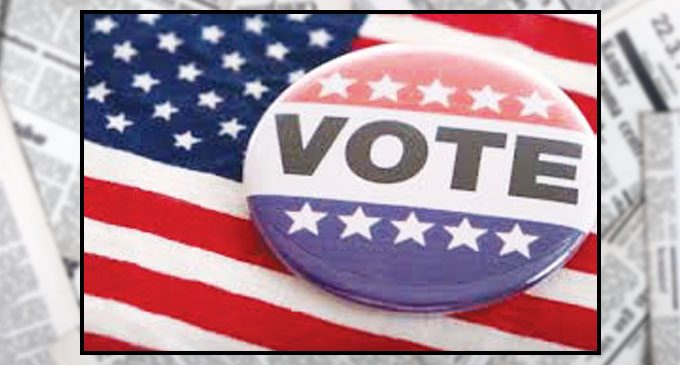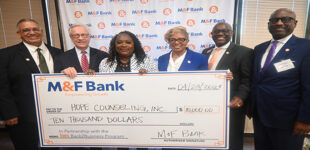Commentary: Whose election is it anyway?

Matt Meyer
Guest Columnist
When talking to a group of Black and Latino teenagers, it’s become clear that the 2016 election campaign seems more than a little strange to most of them. Just a year or so shy of being able to vote themselves, almost all of them admit being influenced and encouraged by Black Lives Matter and other movements for progressive social change. But they seem largely unmoved by the rivalry which is being termed by pundits “the most important election of our lifetime.”
As a historian and teacher, I tried to look back at past electoral battles – including some very strange ones – to gain insights on the gaps we face today.
Almost one hundred years ago, an outsider who would make Bernie Sanders look like a typical Washington bureaucrat received almost 1 million votes – even though he ran his campaign from a prison cell, with buttons which read “For President: Convict No. 9653.”
Socialist Party candidate Eugene V. Debs was doing time because he was a staunch anti-militarist – much more than merely being in favor of gun control – and advocated resistance to the draft during World War I. Though hardly a threat to the mainstream parties, Debs’ 1920 campaign influenced many people (including women, whose nonviolent suffrage struggle prevailed and they voted across the entire country for the first time in US history).
Fifty years ago, a former convict – Black Panther Eldridge Cleaver – ran for President on a platform including immediate withdrawal from Vietnam and “Black liberation: Black Power to Black People!” Though Cleaver himself did an about-face, becoming a Reagan-supporting Republican by 1980, in 1968 he was as militant as they come – beating out civil rights icon comedian Dick Gregory as the nominee of the Peace and Freedom Party (PFP).
The PFP ran many candidates in that turbulent year, including war resisting socialist David McReynolds, in an attempt to energize potential youthful voters concerned about racism and militarism. But they had hardly more influence than 1972 candidate Shirley Chisolm of Brooklyn, New York – the nation’s first African-American congresswoman, first African-American to run for President, and first woman at run for the Democratic Party’s presidential nomination. No doubt both President Obama and Hillary Clinton owe Chisolm a great debt of gratitude.
There should be little surprise that, at a time of concern about policing and incarceration of Blacks and Latinos there is still disenfranchisement and distrust among many “people of color.”
In the end, I believe much of the fear and anger we see amongst the electorate on all sides is based on a frustrated desire for fairness, for justice. Let us remember that – whoever wins – there is much work to be done to heal past wounds and re-unite these United States.
Matt Meyer is an educator and author, affiliated with University of Massachusett’s Amherst’s Resistance Studies Initiative.















